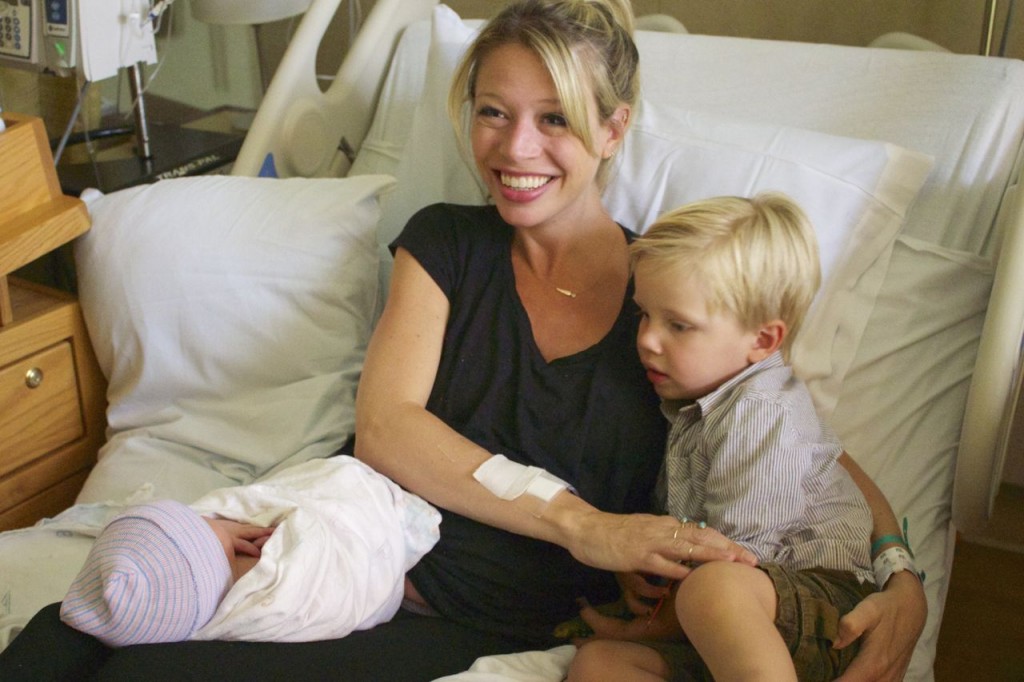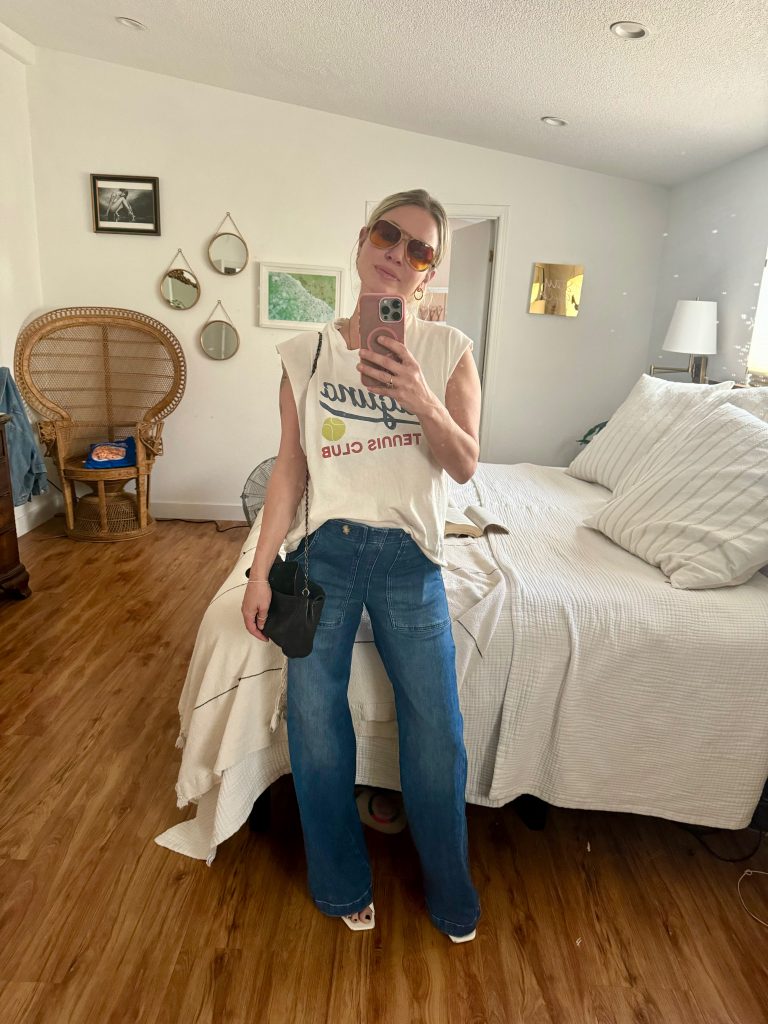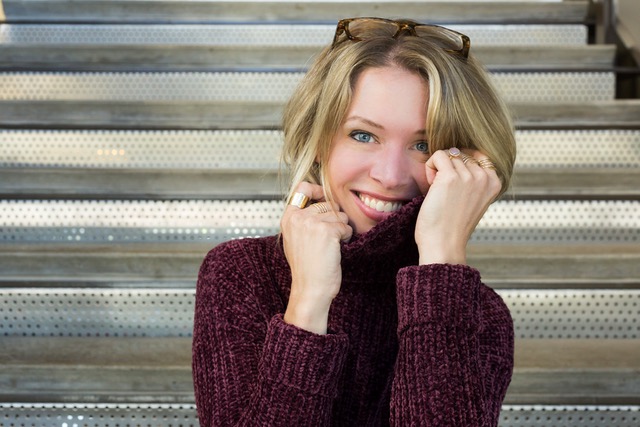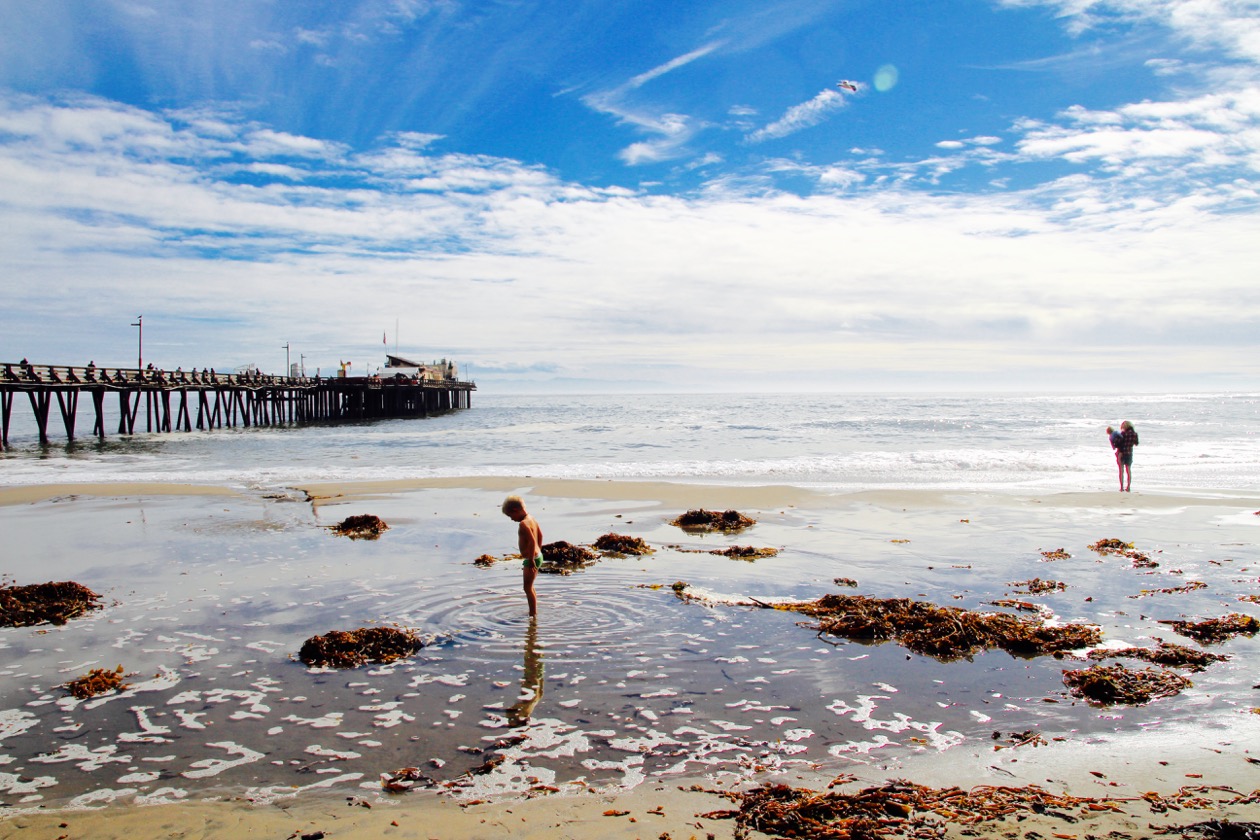
I went into the birth of my second child absolutely convinced I’d experience at least some degree of the postpartum depression I dealt with after Indy was born. It was something I brought up at my very first appointment after finding out we were expecting, and something that I touched base with my doctors about over the course of the next few months. I didn’t want it to catch me unguarded and without a plan in place, because with a toddler and an infant to think about, being that emotionally out of sorts even for even a day didn’t feel like an option.
My primary concern: you know how I’ve written extensively about my insomnia (which is largely related to my anxiety)? Well, when you have a newborn, you sleep even less. And less sleep = a greater chance of suffering from PPD.
At the mid-point in my pregnancy, I went to meet with a psychiatrist (which I should have done a long, long time ago), because even though I didn’t want to start any new medications while expecting, I figured you know what? I’ve been dealing with this problem long enough. I’ve tried lots of different things – some that have worked for a time, and some that haven’t worked at all – and if there’s a longer-term, more stable solution, I’d like to find it. What we decided: that I’d start on an extremely low-dose daily antidepressant immediately following the birth. I don’t suffer from depression, but apparently this kind of medication can help to shut off the sort of ruminative thinking that characterizes my particular type of anxiety.
(As a side note, this decision to try medication wasn’t something I was going to talk about here – it feels so, so personal – but then I realized: am I ashamed that I suffer from insomnia and anxiety? No. Am I ashamed that I’ve tried lots of different things over the years, and that now I’m going to try this? No. And I know that these are issues that a lot of people suffer from, and that a lot of people feel ashamed about, and I believe with all my heart that there is no shame in being open about your struggles and seeking out help wherever you can find it.)
So that’s how we’re (hopefully) dealing with the longer-term problem…but it still didn’t address what I was really worried about: those few weeks immediately postpartum, while I was still waiting for the medication I’d been prescribed to “load” into my system (which takes about three weeks). I didn’t want to take anything unnecessary…but I also didn’t want to find myself melting down during a time when I very much wanted to be standing upright.
And so, in keeping with my whole Act As Your Own Advocate ethos…I spoke up, and told my doctors that I was worried, and that I wanted to take steps to address the potential problem before it even arose.
And do you know what happened?
They listened.
The moment that I mentioned that I had suffered from PPD with my first pregnancy, the entire team who helped me through the birth and recovery – and I mean everyone – didn’t just acknowledge my worries…they were proactive about them. I’m not exaggerating when I say that at least twenty different people – from social workers to psychiatrists to nurses – touched base with me about whether I was feeling symptomatic over the course of my hospital stay, and provided me with resources to help me should I develop symptoms after I left.
As it turns out, though, I’m not just “okay”…I’m sort of…great. Maybe it’s just having done this all before, maybe it’s my brain giving me a break from all that worry so I can enjoy my daughter, or maybe I’m just having a really, really wonderful time out here this summer…but whatever it is, I’ll take it. It’s still early, of course, and of course there are lots of things that I’m struggling with (mostly my worries about spending enough time with my son; more on this later, because it’s a big one), and of course I’m tired and cranky from time to time…but the hopelessness? The “everything-is-wrong-and-I-don’t-know-why” feeling that left me so at sea during the weeks following my son’s birth?
It’s just not there. Which is a relief, but even more of a relief: the knowledge that there is so much help right there waiting for me should something change.
All I have to do is ask.
In a response to this post over on Tumblr, a reader wrote, “Some of the best advice I’ve received was ‘don’t be a hero.'” For so many years, I tried to prove – to others? to myself? I’m not sure – that I could handle things (everything) on my own just fine, thanks. And then I had children, and I realized that much more important than making some point I wasn’t even certain I believed in was being the best version of myself I could be, because that’s what they deserve. A mother who is there.
And making the commitment to being there? That’s its own kind of heroism, I think.





